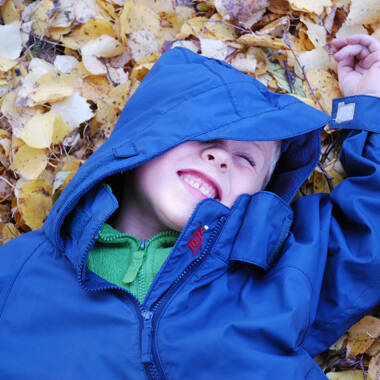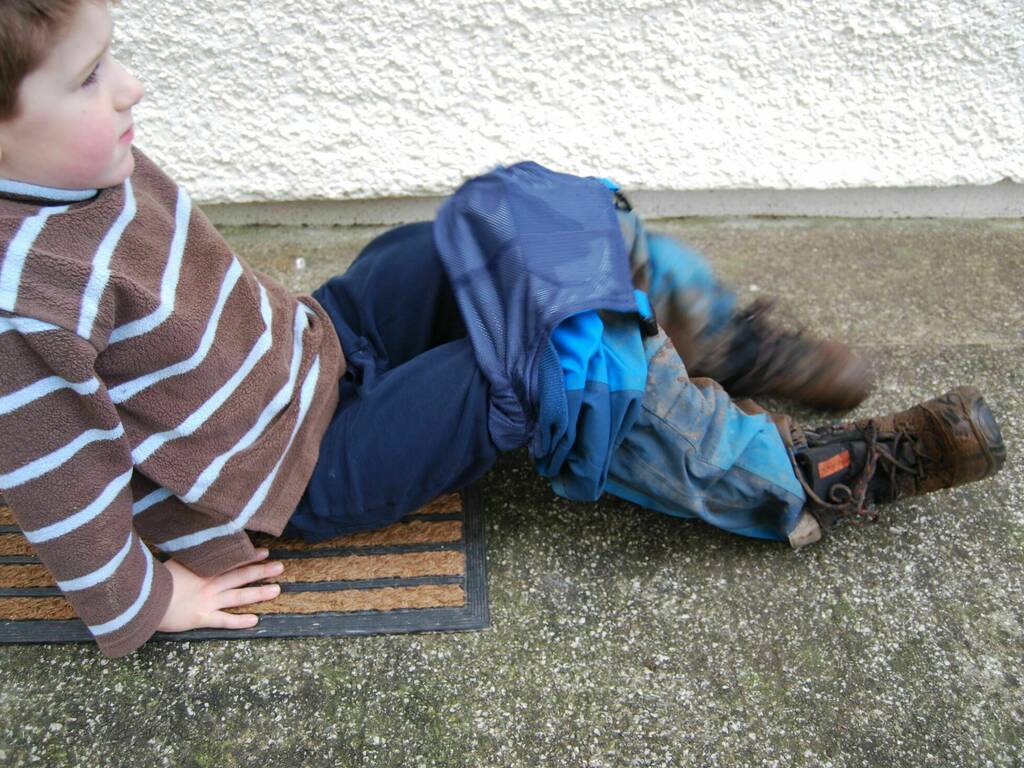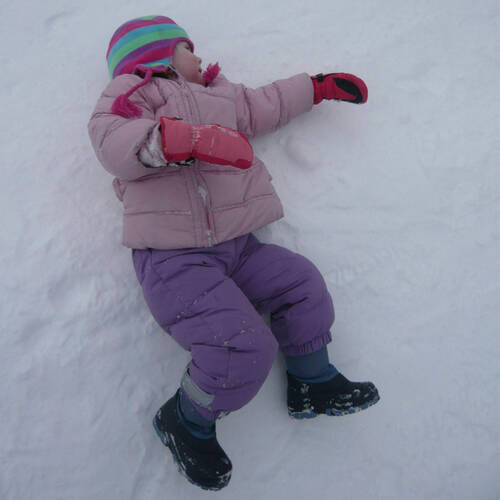
Layers explained
It's not always obvious what the best outdoor clothing is to support effective outdoor play and learning. In this guide we look at the various elements of clothing required, with a focus on layering.
For many group leaders, putting outdoor clothing on, particularly with young groups, can be quite an arduous task. This section offers some suggestions on how to get your group organised and outside more easily and speedily.
... with parents and discuss the project and clothing needed with them. It will help to make sure that the children have the correct clothing and have practiced dressing themselves for the outdoors at home or at school.
Get the children involved and ask them to create a poster (if appropriate) showing the process of getting ready for the outdoors. By discussing and drawing out the different stages it can help their understanding of what they need to do. Alternatively, create a photo board or flipchart of each stage to make sure each child knows what to do at each point.
This whole process will need to happen each time you go outdoors. Creating a song or reward system for each stage can be helpful.
... for getting the group ready. Remember every group is different, even if they are the same age. Offer rewards to encourage the children to help each other, particularly those children who are struggling. Carry out checks along the way so you know that each child is dressed appropriately for the weather.

If may sound simple, but adding your layers in the correct order ensures everyone will be ready, warm and waterproof for their adventures outdoors!
... before starting to put any outdoor gear on. This applies to children and adults. I have, on numerous occasions, got everyone changed and realised they have not been to the toilet - learn from our mistakes!
Tuck base layers neatly into the trouser waistband (this stops any external draughts reaching the skin). Tuck trousers into socks; this helps socks stay up and stops cold air reaching the skin.
Make sure trousers are as flat as possible by folding them around the leg before tucking them into socks. When tucking trousers in socks, only tuck the bottom of the trouser in, as when you come to bend your knees clothing may restrict movement if stuck down too far into socks.
For example, thin fleece or school jumper.
If there is enough room, tuck the mid layer into the waterproof trousers or dungarees – this stops drafts.
Ideally, get all the children to this stage before putting on the outer layer. This will prevent anyone getting too hot whilst waiting for everyone else to get dressed. It also gives you an opportunity to check children have the correct layers on.
Once you are happy that everybody has all the correct clothing on, put on your coats.
If necessary, put on hats and gloves before you go out.
Sometimes it is better to put gloves on before putting on the outer layer, as you can pull the glove cuffs up over the mid layer so that the top of the glove is then secured inside the outer layer’s sleeve.
With a water bottle and space to put hats and gloves if they are removed during the session.
Don't forget to take spare clothing out with you, especially extra mittens, and your documentation and First Aid kit.

Layers explained
It's not always obvious what the best outdoor clothing is to support effective outdoor play and learning. In this guide we look at the various elements of clothing required, with a focus on layering.

Layering videos
Layering is crucial when dressing for the outdoors - these videos explain how to do it.
Read More about Layering videosGoing to the loo & hygiene outside
How-tos, guides & tips for spending time and spending a penny (or more!) outdoors safely & hygienically.
Read More about Going to the loo & hygiene outside
There is no such thing as poor weather. Our enjoyment of the outdoors relies on good quality clothing and an effective clothing policy. Take a look through this section to find outdoor play and Forest School clothing for early years, children, youth and adults.
For more information about outdoor clothing explore the Outdoor Clothing section of the OUTDOOR HUB. You'll find information about layering, waterproof ratings, care and buying guides and much more.